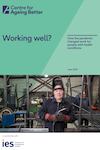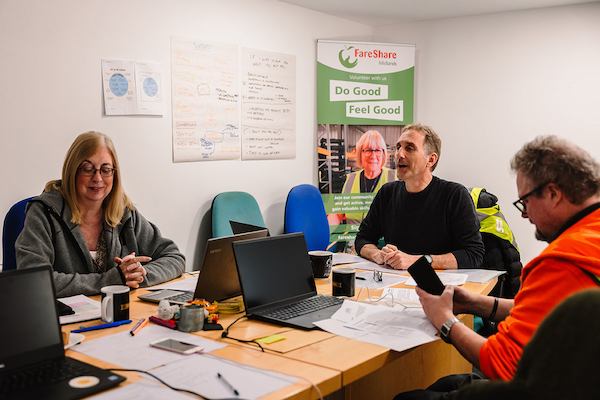New research by the Centre for Ageing Better and the Institute for Employment Studies has highlighted the challenges faced by employees with long-term health conditions, warning that more support is needed to help people manage their conditions in the workplace if the state pension is to rise further. With one in three workers now over the age of fifty, and one in five men and women aged 50-54 managing at least one long-term condition, poor health is by far the most common reason for people aged 50-64 to leave work prematurely. The Centre for Ageing Better says more action is needed to prevent people falling out of the workforce before they reach state pension age due to poor health.
The new report, ‘Working well? How the pandemic changed work for people with health conditions’, found that the pandemic has widened the gap between good and bad employment, with employees who have health conditions struggling with a lack of support and poor line management. While those who were given the right support to manage health conditions at work remained resilient, those who were not faced additional challenges.
In addition, those out of work worried that ageism and ableism would make finding work in a competitive job market even more of a challenge. One participant in the research said: ‘I think it’s very hard to get a job at the minute. Especially as I’m not a young kid that’s fit and can just do anything…it limits me for what I can apply for…and I just think there are going to be a lot of people better qualified than me.’
For the report, researchers followed the journey of twenty people aged 50 and over with some of the common conditions which cause disability among people in their 50s and 60s. These include musculoskeletal conditions like arthritis, mental health conditions such as anxiety or depression, and neurological disorders like Parkinson’s disease. Over a quarter of women aged 55-64, and one in five men, have a musculoskeletal condition, while half of over 55s have experienced mental health problems.


